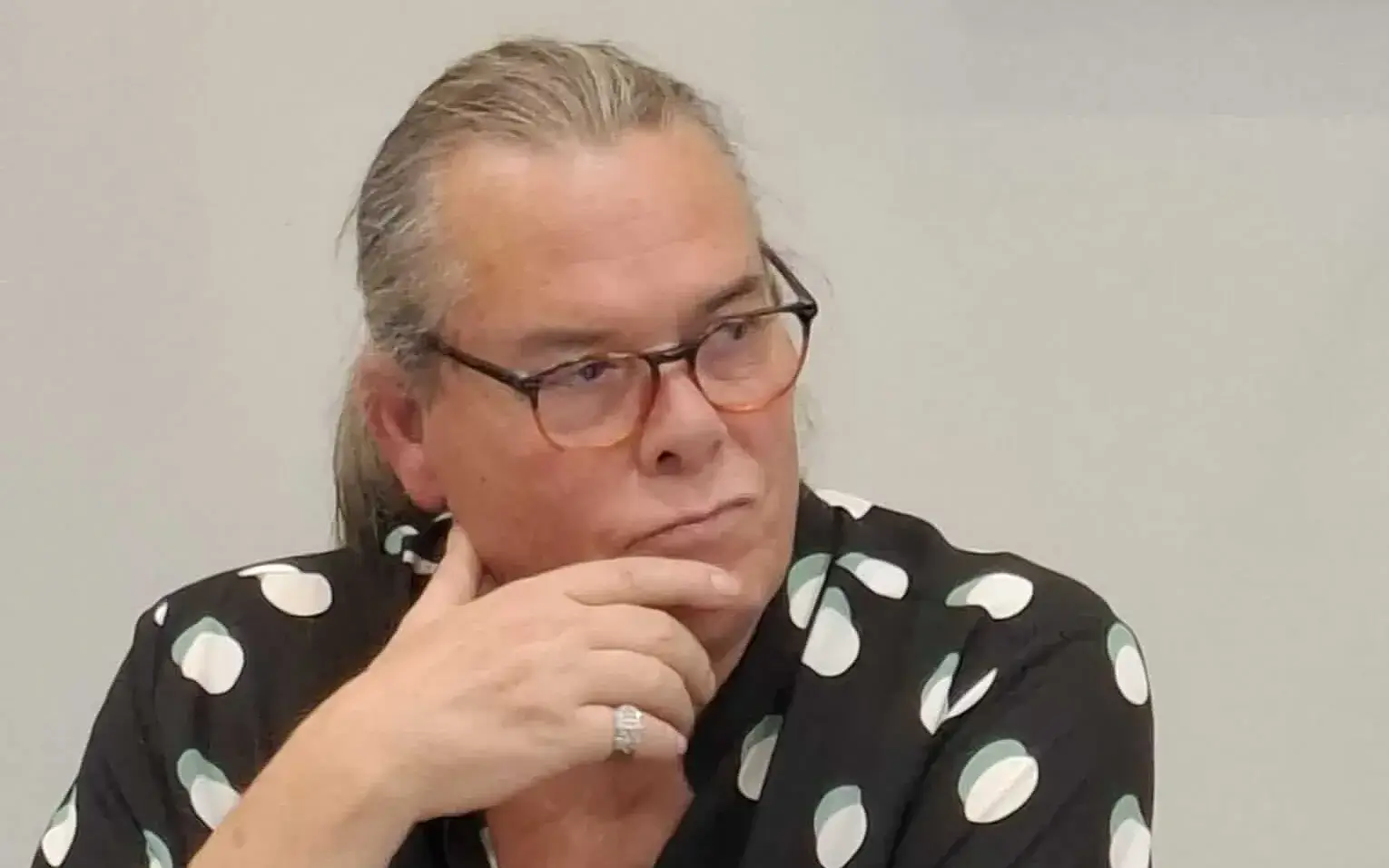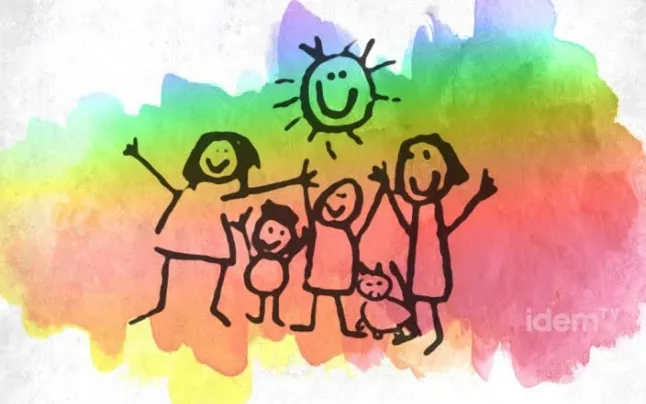During her visit to Barcelona, we spoke with Melibea Obono, an Equatorial Guinean writer and one of the most prominent social activists in the Central Africa country.
In a country held captive by a dictatorship that systematically isolates and oppresses those who think differently, it’s not easy to be a voice that fights for the marginalised—a fact that Melibea Obono knows all too well. She battles every day to transform taboo subjects in Equatorial Guinea into public debate. This is no mean feat in a country that, since slipping from the yoke of Spanish colonialism in 1968, has since been subjected to the fierce rule of autocrat Theodore Obiang.
Melibea recently visited Barcelona to participate in several events held by the organisation Fora de Quadre. Most notably, she led a talk on the experiences of the LGBTI community in Equatorial Guinea and was involved in the post-screening debate of the documentary, 'El escritor de un país sin librerías'.
In addition, she presented and discussed her most recent books: 'Yo no quería ser madre' and 'Allí abajo de las mujeres'. Despite her busy schedule, Melibea still found a moment to sit down with Xarxanet and share her thoughts on the LGBTI community, women’s rights and colonialism in Equatorial Guinea.
What genre would you ascribe your work to?
I wouldn’t say my books are limited to a specific topic, but I talk a lot about feminism and the struggle for LGBTI rights. Women have only recently begun to write about the many problems we, as a gender, have to face, such as gender-based violence. We also need to keep in mind that the literature in this field is still in its early stages in Equatorial Guinea.
You take your role as a feminist and LGBTI activist very seriously. What is the situation like for these groups in Equatorial Guinea?
The Equatorial Guinean government is threatening to approve a law against homosexuality and prostitution. We know that the bill is already being drafted, so the tension between these groups and the government is at an all-time high right now.
Has it always been this way?
In the past, the government’s attitude towards these groups was one of indifference, but this has slowly shifted to oppression and persecution. The turning point came in April, when we sent a report to the UN explaining the state of LGBTI rights in the country.
But these groups have always suffered oppression?
Yes, of course. All ethnic groups in Equatorial Guinea are patriarchal—every single one. And the patriarchy, which exists in every society in the world, is oppressive by definition.
And now, the government is actively persecuting them?
Yes. In Equatorial Guinea the LGBTI collective has always suffered a double-sided cultural repression—on one hand by the Christian-Catholic religion, and on the other hand by the Bantu tradition. But now with this most recent government bill, which is further increasing pressure and tension, the oppression has become threefold.
In the book Yo no quería ser madre, you talk about the fact that LGBTI women are forced to be mothers in your country, correct?
Yes. It's called conversion practice and it’s done to "normalise" and "cure" LGBTI women. It’s a traditional practice. The Equatorial Guinean government knows perfectly well that it takes place, yet they don’t do anything to stop it. The only thing the government does, like every other government in Africa, is blame white people for homosexuality and feminism.
Do you think colonialism in Equatorial Guinea still exists to this day?
Colonialism in Equatorial Guinea isn’t over—it’s still present and has many faces. Anyone who wants to know what Francoism was like just needs to buy a plane ticket to Equatorial Guinea.
You have a very strong connection with Spain. What do you think about the rise of the far right and its entry into Spain’s Congress of Deputies?
Well, I wasn’t surprised at all. In Spain, Francoism is very deep-rooted, so it was only a matter of time before something triggered it to resurface. It was asleep, but not dead.








Add new comment